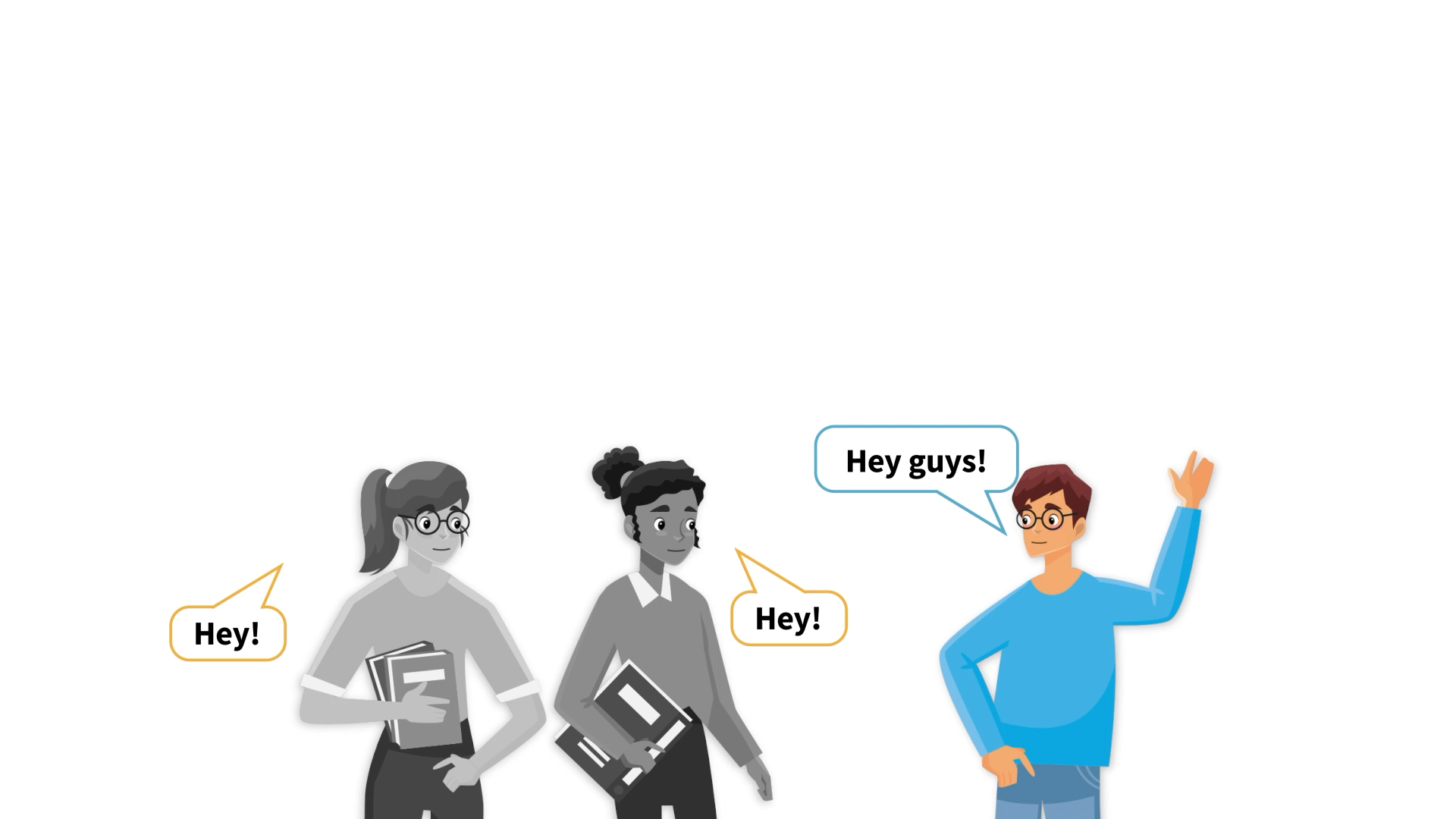
Introduction
One of the essential skills in social-emotional learning is teaching students the importance of using words when seeking attention from others. This skill is particularly crucial for students in special education, as they may face unique challenges in social situations. By learning to use words rather than physical actions to get attention, students can avoid hurting others, improve their relationships, and foster a safe and inclusive environment. In this blog post, we will discuss an easy-to-implement activity that requires no preparation or materials, as well as discussion questions and related skills to help students build on their understanding of this important concept.
No-Prep Activity
The “Attention-Seeking Words” activity is designed to help students practice using words to get someone’s attention in various situations. To begin, have the students sit in a circle. The educator will then present different scenarios in which the students might want to get someone’s attention, such as wanting to show a friend a drawing, asking a teacher a question, or joining a group conversation.
For each scenario, ask the students to think of a phrase or sentence they could use to get the person’s attention in a respectful and non-disruptive way. Encourage them to consider the person’s current activity and whether it’s an appropriate time to interrupt. After each student has shared their idea, discuss as a group why using words is a more effective and respectful way to get someone’s attention than touching or hitting them.
Discussion Questions
- Why is it important to use words instead of physical actions when trying to get someone’s attention?
- How can using words to get attention help build better relationships with others?
- What are some situations where it might be more difficult to use words to get someone’s attention? How can we handle these situations?
- How can we tell if it’s an appropriate time to try to get someone’s attention?
- What are some strategies we can use to practice waiting patiently when someone is busy?
Related Skills
Teaching students to use words for attention is just one aspect of social-emotional learning. Here are some other related skills that can help students develop their social and emotional competence:
- Active listening: Encourage students to listen attentively when others are speaking and show empathy and understanding.
- Respecting personal boundaries: Teach students about the importance of respecting other people’s personal space and boundaries.
- Managing emotions: Help students recognize and regulate their emotions, especially when they are feeling frustrated or impatient.
- Problem-solving: Guide students in developing strategies for resolving conflicts and navigating challenging social situations.
Next Steps
Developing strong social-emotional skills is essential for students in special education. By teaching them to use words for attention, we can help them build healthier relationships and create a more inclusive environment. To access free sample materials on this skill and others, sign up at Everyday Speech’s sample materials. These resources can support your efforts in fostering social-emotional learning in your classroom and promoting the well-being of your students.

